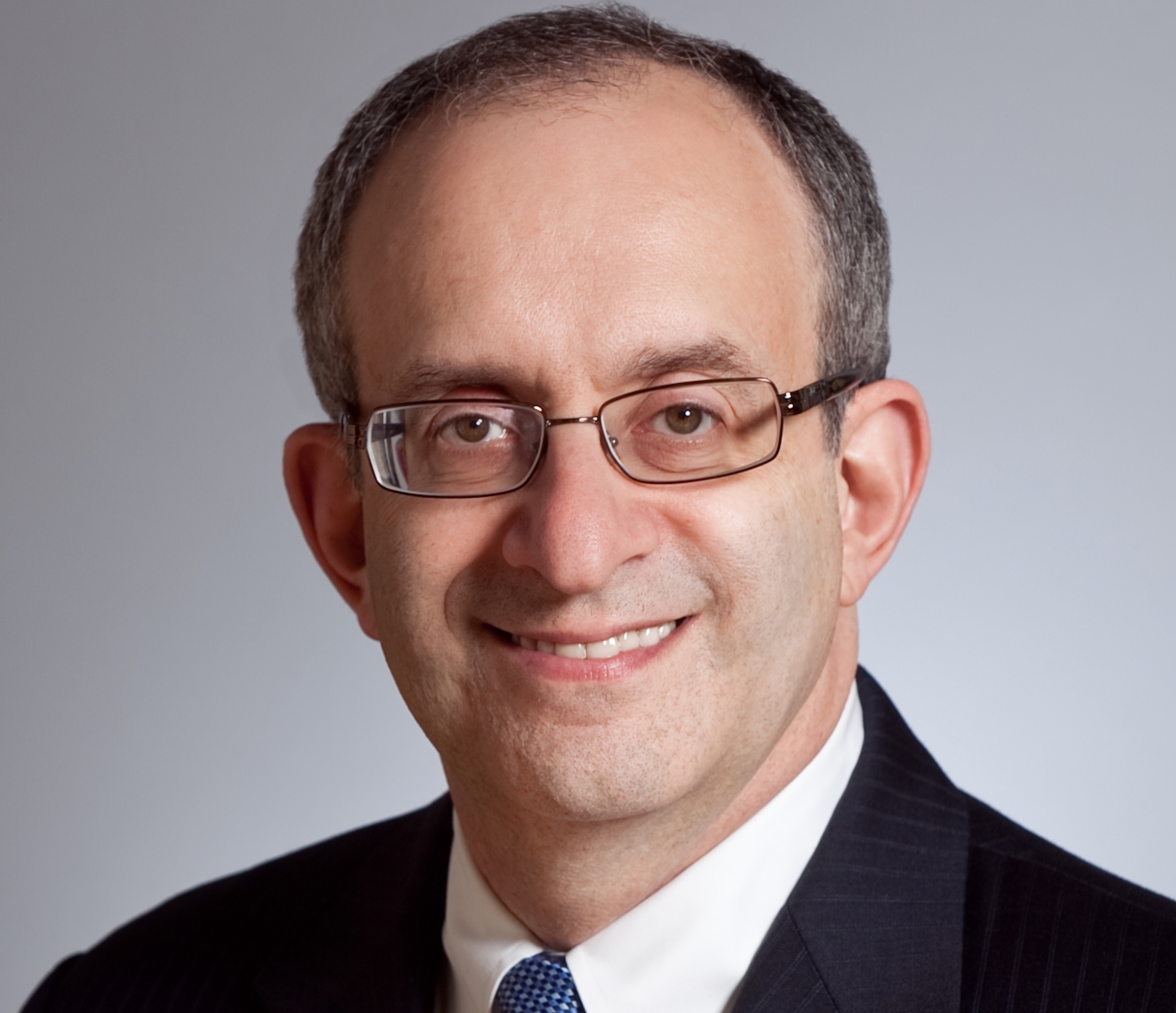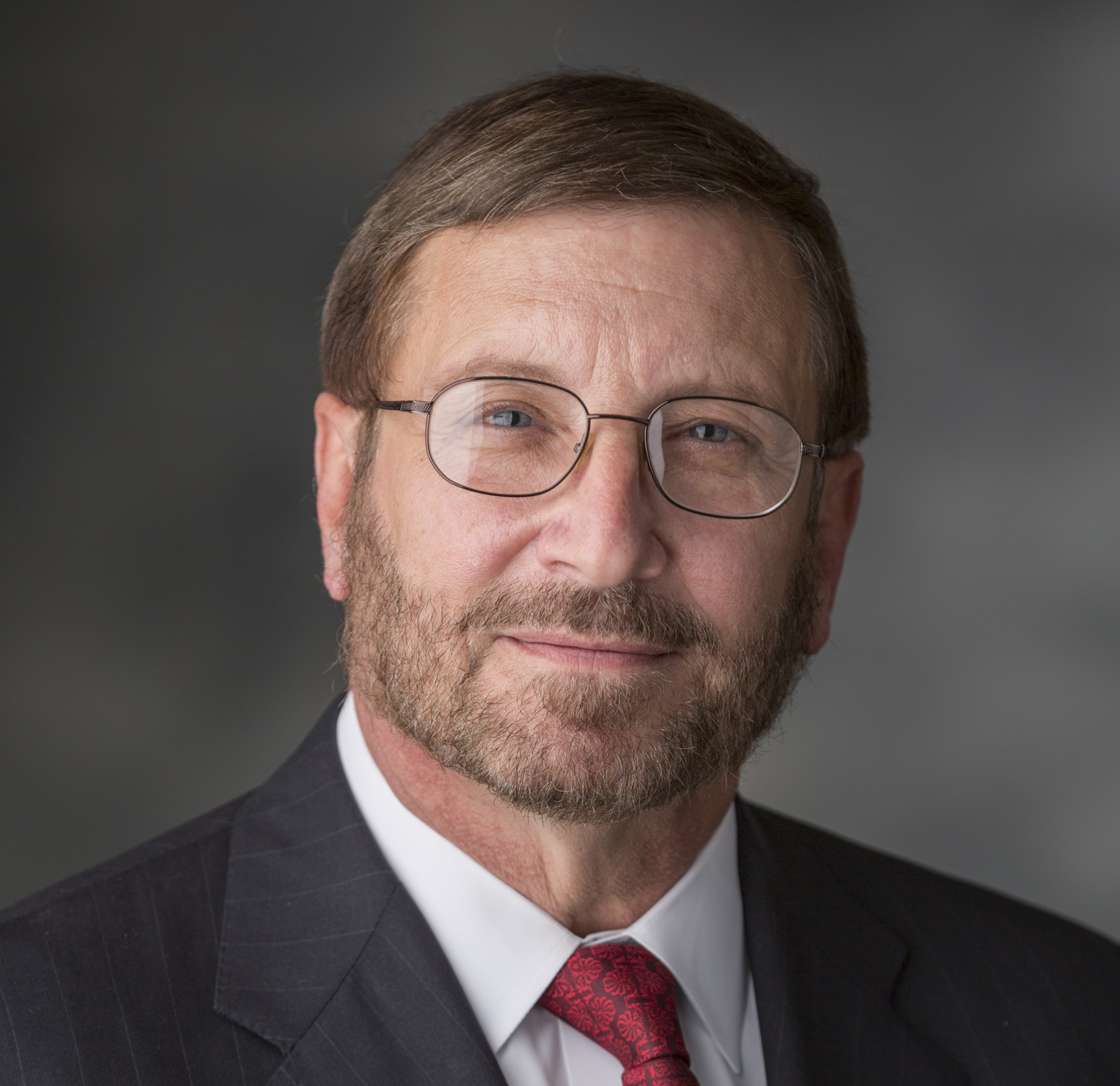In the COVID-19 era, attending large social gatherings without a mask has been called the new “public smoking.” It’s an apt comparison considering the decades-long fight to convince smokers to refrain from smoking in public areas, despite definitive research that proves the dangers of second-hand smoke. Ultimately, public smoking was largely eradicated across the U.S., when the public health community looked to understand why people were so resistant and created programs with those specific attitudes in mind. In this same manner, it is time for higher education leaders to adopt a strategy aimed at understanding why college students are so resistant to social distancing in order to modify their behavior.

Why college students take risks in order to socialize
Seven months into America’s COVID-19 crisis, large swaths of the U.S. population are (finally) serious about social distancing and mask-wearing as a means to protect each other from the virus. Not so for America’s college-aged students who continue to socialize in large groups.
From the East Coast to the West Coast, and everywhere in between, college campuses are the new COVID-19 hot spots. The overwhelming response of college leadership across the nation has been to create the strictest of policies and dole out harsh punishments in the desperate hope of changing student behavior. Yet flouting the threat of suspensions and expulsions, disregarding wide-reaching educational campaigns and remaining undeterred in the face of rising numbers of COVID-19 related deaths, students still doggedly resist all attempts to alter their behavior in order to stop the spread.
This August, along with the majority of other colleges, we became aware that a group of incoming students at one of our campuses ignored the college’s explicit rules. Faced with this dilemma, our leadership consulted with experts and decided that instead of jumping to immediate suspension or expulsion, we would require the rule-breaking students to meet with a physician to ensure they were fully aware of the campus policies as well as the health risks associated with ignoring the rules. Then, in consultation with mental health professionals, we had the students participate in personal interviews with physicians and a psychiatrist to get to the root of why they were willing to jeopardize their own health, the health of others and potentially their future careers.
The overwhelming theme that emerged in discussions with our students was that they wanted to feel socially connected as they began their first year in school. They worried that missing this opportunity could impact their ability to form friendships, create a professional network and perhaps even hinder their future careers. They also did not want to be left out of cliques.
According to Steven Pirutinsky, a professor at Touro College Graduate School of Social Work, social interaction is a critical developmental task for college-age young adults. At this stage of life, they are forming social relationships and building networks for their futures. Social stimulation is a key part of that developmental stage and an activity they don’t want to miss.
Additionally, there is much evidence showing that in the early 20s the brain has not fully developed the capacity to monitor and control behavior. Impulse control, self-regulation and long term thinking are cognitive abilities that continue to develop into the 20s.

A third factor is the perceived lack of risk. When students are deciding whether to attend a party, they calculate risk and generally speaking, college and graduate students perceive that they are not at risk of developing serious cases of COVID 19. They make decisions based on their perceived personal risk, not the public implications of their behavior. Even adult brains are designed to evaluate personal concerns first, and less to consider broad statistical risks on which public health is focused. The reckless behavior we are now seeing in young adults reflects a mismatch between the type of problem we are facing and the type of thinking they do.
Lessons learned: Creating community to stop the spread
Now, armed with an understanding that our students were willing to risk their health, suspension and even expulsion because they perceived a high-cost of forgoing normal socialization, we realize that creating real, meaningful opportunities to socialize and connect, rather than strict punishments, is the key to stop the spread on campus. Our public health approaches should take this perspective into account.
College leaders must try to develop virtual alternatives that would satisfy the need for socialization while minimizing risk. To alleviate student worries about their future careers, schools can provide mentorships where the mentor and mentee schedule regular zoom meetings, student counselors should also be available by zoom as a safe space to address student concerns. Clubs and other extracurricular activities do not have to be put on hold entirely during corona. There are many software solutions to hold virtual meet-and-greets, trivia nights, virtual fitness classes, movie nights, game nights, book clubs or religious services to offer a few ideas.
With a little creativity, institutions can cultivate a sense of belonging and connection among students and faculty.
Ultimately, as some degree of “sanction” was appropriate, our students were asked to perform community service in a COVID-safe manner which delivered a lesson and had the added benefit of making them feel socially connected.
It’s important to remember, when talking about safety and risks, our messages should not simply rely on the medical model (“as your doctor I’m telling you what to do/not do). Large numbers and statistics will not impel them to change behavior. Instead, we need to make it personal. Find anecdotes of young people, or loved ones, who have gotten severely sick to make the point. To deliver the most persuasive argument, make the messages emotional, immediate and personal to compel students to make the necessary changes to keep us all safe and healthy.
Alan Kadish, MD, is president of the Touro College & University System and New York Medical College, a member of Touro. Robert Amler, MD, MBA is Dean, School of Health Sciences and Practice at New York Medical College.

